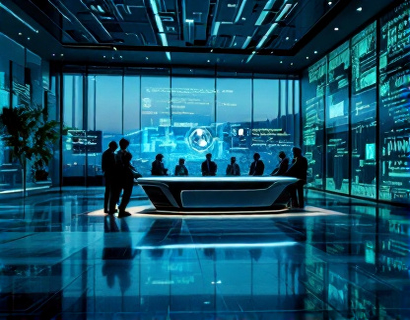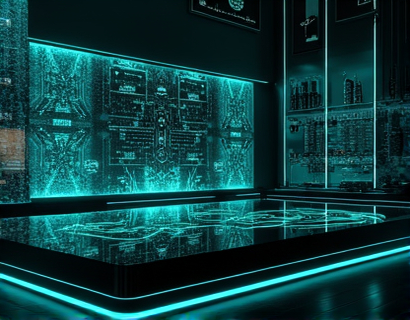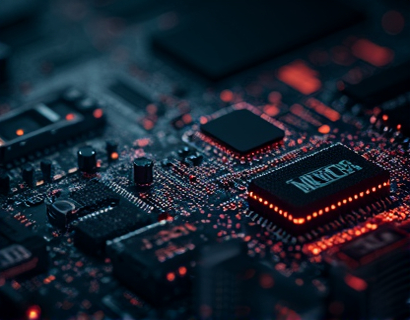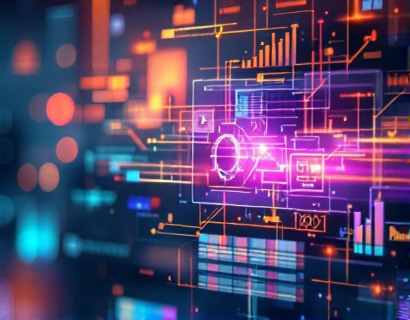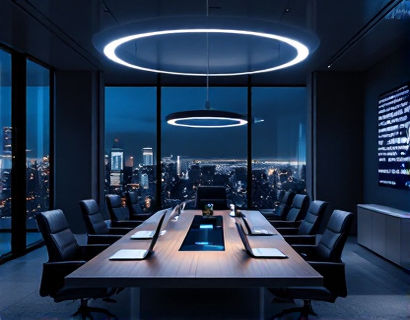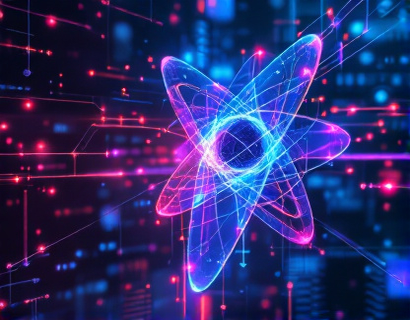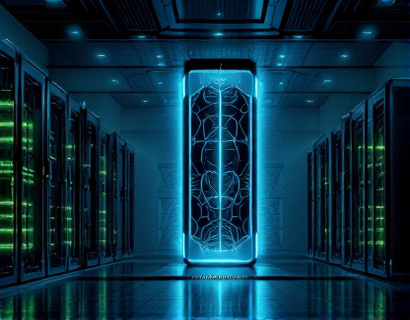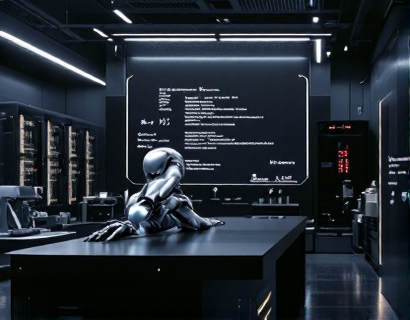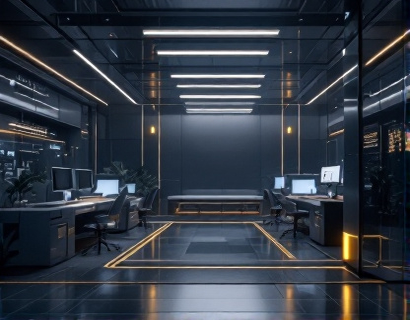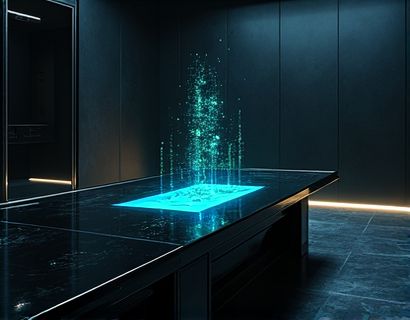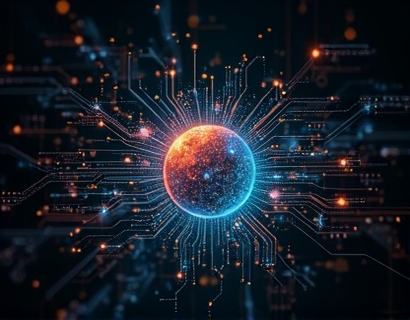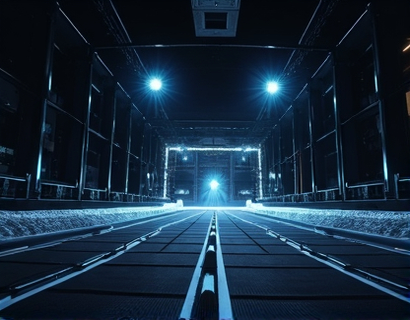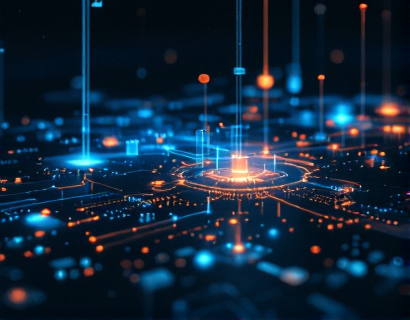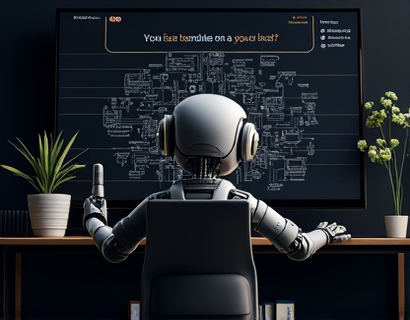Maximizing Event Impact with Advanced Lighting and Sound Hardware Solutions
In the realm of event planning and production management, the integration of advanced lighting and sound hardware solutions plays a pivotal role in enhancing the overall experience for attendees. The ability to control and manage these systems efficiently is crucial for delivering a seamless and impactful event. This article delves into the importance of utilizing cutting-edge hardware management software to streamline and optimize the performance of lighting and sound systems, ensuring that every event reaches its full potential in terms of audio-visual impact.
The foundation of any successful event lies in the meticulous planning and execution of its audio-visual components. Lighting and sound are not just supplementary elements; they are integral to setting the mood, enhancing the atmosphere, and guiding the audience's emotional journey throughout the event. However, the complexity of managing multiple devices and systems can often lead to challenges in achieving the desired outcome. This is where advanced hardware management software comes into play, offering a robust solution to streamline operations and elevate the event's overall quality.
Understanding the Importance of Hardware Management Software
Hardware management software is designed to simplify the process of controlling and coordinating various lighting and sound equipment. These tools provide a centralized interface that allows event planners and production managers to monitor and adjust settings in real-time, ensuring that every element of the audio-visual setup works in harmony. The benefits of using such software are manifold, including enhanced reliability, reduced setup time, and improved flexibility during the event.
One of the primary advantages of hardware management software is its ability to integrate multiple devices and systems into a single, user-friendly platform. This integration eliminates the need for manual adjustments and reduces the risk of human error, which is particularly critical in high-stakes environments like conferences, concerts, and theatrical productions. By consolidating control, these tools enable a more cohesive and professional presentation, contributing significantly to the event's success.
Key Features of Advanced Hardware Management Software
Advanced hardware management software comes equipped with a range of features that cater to the diverse needs of event professionals. Some of the key functionalities include:
- Centralized control panel: A single interface for managing all connected devices, allowing for easy navigation and quick adjustments.
- Pre-set templates: Customizable templates for different event types, saving time and ensuring consistency across various projects.
- Real-time monitoring: Live feedback on device performance, enabling immediate troubleshooting and adjustments as needed.
- Automated sequences: The ability to program and execute complex lighting and sound sequences with precision, enhancing the overall spectacle.
- Remote access: Control and monitor systems from anywhere, providing flexibility and peace of mind for the production team.
These features collectively contribute to a more efficient and effective event production process, allowing teams to focus on creativity and execution rather than being bogged down by technical challenges.
Enhancing Reliability and Performance
Reliability is paramount in event production, as any technical failure can disrupt the flow and impact of the event. Advanced hardware management software significantly enhances reliability by providing robust error detection and correction mechanisms. These tools continuously monitor the status of connected devices, alerting the team to any potential issues before they escalate into major problems.
Moreover, the software's ability to handle complex setups with multiple channels and devices ensures that each element performs optimally. This level of control and precision is essential for creating a seamless audio-visual experience, whether it's a subtle ambient lighting effect or a dynamic stage show. The software's robustness translates directly into a more reliable and high-performing event.
Streamlining the Setup Process
The setup phase of an event can be time-consuming and prone to errors, especially when dealing with numerous lighting and sound equipment. Hardware management software streamlines this process by providing a structured approach to device configuration and testing. Pre-set templates and automated calibration features allow teams to quickly establish the correct settings for each piece of equipment, reducing the time required for setup and minimizing the risk of mistakes.
Additionally, the software's intuitive interface makes it accessible to both technical experts and those with less experience. This democratization of control ensures that all team members can contribute effectively, fostering a collaborative environment that enhances overall efficiency.
Optimizing the Event Experience
The ultimate goal of any event is to deliver an exceptional experience to the audience. Advanced lighting and sound hardware solutions, managed through sophisticated software, play a critical role in achieving this objective. By providing precise control over lighting cues and sound levels, these tools enable creators to craft an immersive environment that resonates with attendees on multiple levels.
For instance, in a concert setting, dynamic lighting and sound effects can enhance the energy and excitement, creating a memorable experience for the audience. In a corporate event, subtle lighting changes and background music can set the tone and keep participants engaged throughout the session. The ability to tailor the audio-visual experience to the specific needs of each event is a significant advantage offered by advanced hardware management software.
Case Studies and Real-World Applications
To better understand the impact of advanced hardware management software, let's consider a few real-world applications. At a large-scale music festival, the production team utilized a centralized control system to manage hundreds of lighting fixtures and sound units. The software's real-time monitoring and automated sequencing features allowed for seamless transitions between acts, ensuring that the stage remained visually stunning and the audio was crystal clear throughout the event.
In another instance, a corporate conference leveraged the software's pre-set templates and remote access capabilities to coordinate a series of presentations and breakout sessions. The ability to make real-time adjustments from a central location ensured that each session started on time and ran smoothly, contributing to a well-organized and professional atmosphere.
These examples demonstrate the practical benefits of advanced hardware management software in diverse event settings, highlighting its potential to elevate the overall quality and impact of the audio-visual experience.
Future Trends and Innovations
The field of event technology is rapidly evolving, with ongoing advancements in lighting and sound hardware, as well as software solutions. One emerging trend is the integration of artificial intelligence and machine learning to further optimize the control and automation of audio-visual systems. These technologies can analyze past events and learn from them, providing predictive insights and recommendations to enhance future productions.
Another area of innovation is the use of wireless and battery-powered devices, which offer greater flexibility and reduce the complexity of cabling. Combined with advanced management software, these devices can be easily deployed and controlled, adding to the overall efficiency of the production process.
As technology continues to advance, the role of hardware management software will become even more critical in ensuring that events are not only technically sound but also creatively compelling. Embracing these innovations is essential for event professionals looking to stay ahead of the curve and deliver exceptional experiences.
Conclusion
In conclusion, the integration of advanced lighting and sound hardware solutions, managed through sophisticated software, is a game-changer for event planners and production managers. These tools offer unparalleled reliability, ease of use, and control, enabling the creation of impactful and memorable events. By leveraging the power of hardware management software, professionals can focus on the creative aspects of event production, confident in the knowledge that their technical foundation is solid and efficient.
As the demand for high-quality audio-visual experiences continues to grow, the importance of advanced hardware management solutions cannot be overstated. Embracing these technologies is not just a strategic advantage; it is a necessity for anyone serious about delivering exceptional events.



